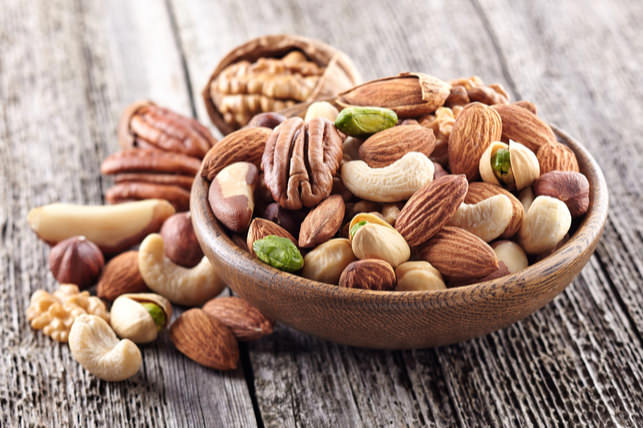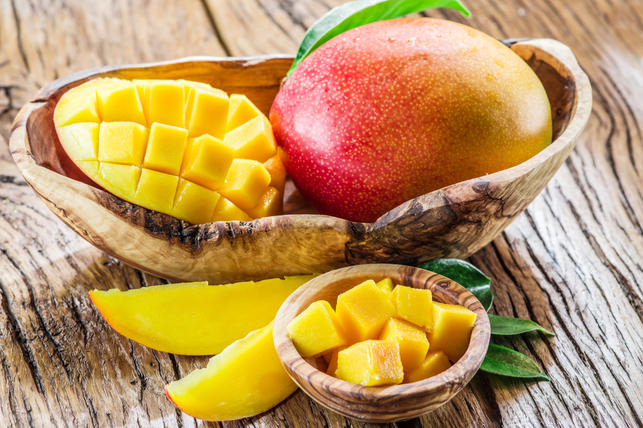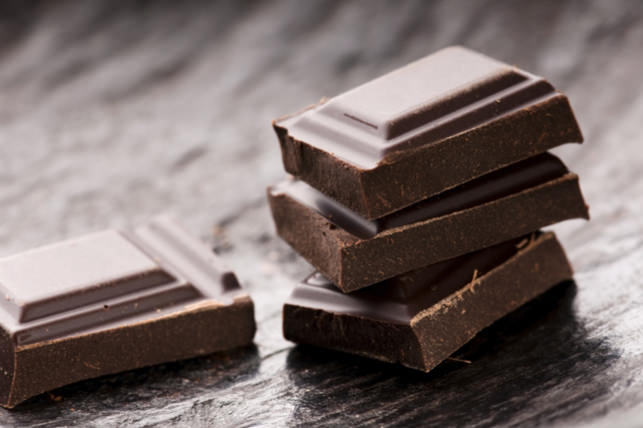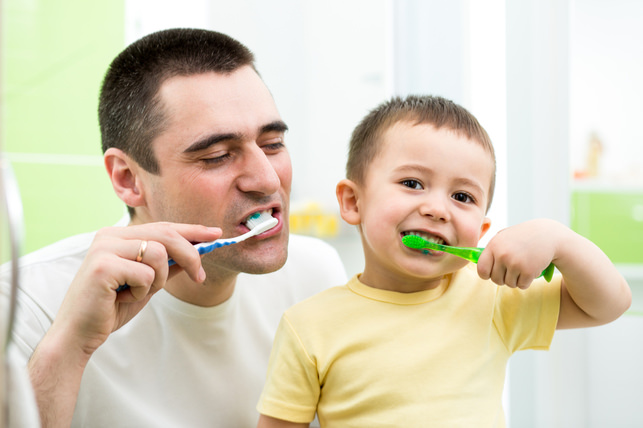These Foods Destroy Oral Appliances
April 19th, 2018
Caring for an oral appliance can be difficult, but it is absolutely imperative. If your oral appliance is not clean, then it won’t properly function. One way to keep your appliance clean is by avoiding foods that can harm it.
Nuts

Nuts are very hard, and can do real damage to oral appliances. Nuts can destroy rubber bands, wires and even brackets! If you have braces, then avoid nuts and hard foods that can damage your brackets. Nuts may be great for teeth, but they are awful for oral appliances, so it’s best to avoid them while wearing an oral appliance.
Hard Candy
This may not surprise you, but hard candy can wreak havoc on teeth, and damage oral appliances. Hard candy sticks onto oral appliances, and can expose teeth to an extended sugar attack. Hard candy dissolves slowly, which allows bad bacteria longer access to the sugar they need to survive and cause havoc on teeth. This can lead to more cavities and tooth decay. Hard candy can also crack wires, dislodge brackets, and even crack teeth. It’s best to avoid hard candy.
Starchy Snacks
Starchy foods easily get stuck on teeth, and provide bad bacteria with sugar, which powers the bacteria to multiply and attack enamel. This problem is made worse by dental appliances, because starchy foods can easily get stuck in them and continually attack the surface of teeth. This makes the acidic attacks last longer, and has a more negative effect on teeth. If you eat starchy snacks like chips or crackers, then rinse your mouth out with water to get rid of any excess food debris.
Sticky Candy
Sticky candy is difficult to remove from teeth, and gives cavity-causing bacteria more time to eat away enamel. Sticky candy also sticks to wires and brackets, which increases the time that teeth are spent contacting sugar. This can erode tooth enamel, and lead to tooth decay and cavities.
Drink Plenty of Water
Water is essential in keeping your mouth and oral appliance clean. It helps stimulate saliva production, which naturally cleans food debris and keep the mouth at a healthy ph level. We suggest swishing with water after meals, and always keeping a water bottle handy.
Keep Your Teeth & Appliance Clean
Most orthodontists advise brushing 4 times per day: in the morning after breakfast, after lunch or right after school, after dinner and at bedtime. The extra brushing ensures that your mouth stays debris-free, and helps to fight cavities and potential damage to your oral appliance.
Schedule an appointment with our office for more tips about caring for your oral appliance, and what you need to do to get the healthiest smile possible.







